Last Updated on August 2, 2021
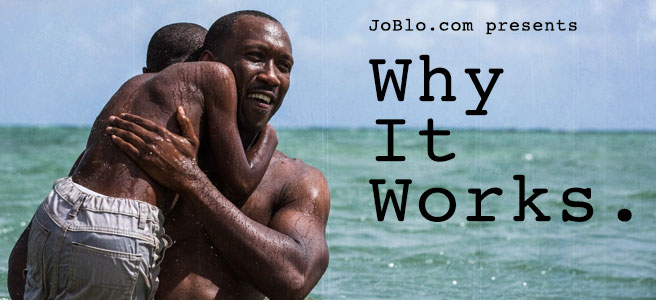 Why It Works is an ongoing column which breaks down some of the most acclaimed films in history and explores what makes them so iconic, groundbreaking, and memorable.
Why It Works is an ongoing column which breaks down some of the most acclaimed films in history and explores what makes them so iconic, groundbreaking, and memorable.
****SPOILERS AHEAD****
"And the Academy Award… for Best Picture…" Cue fancy shitshow. After a few gracious speeches and some confusion from the LA LA LANDers, MOONLIGHT was eventually awarded the coveted prize (which also makes it the second year in a row the favorite to win lost to a compound word title ending in "light," so start producing those scripts for LIMELIGHT or PENLIGHT or CLAMLIGHT or whatever). Barry Jenkins' stunning coming of age drama tells an unapologetic, at times painfully real story with morally ambiguous characters and an ending that relies on the power of a moment. Here's why it works:
WHY WE LIKE THE CHARACTERS:
The first character we meet is Juan, and the first thing we know about him is that he's a drug dealer. The next thing he does, however, is discover and care for a shaken Little. Juxtaposing these scenes shows us right away that this is a film about complicated people. Aside from the damn near flawless Teresa and the out-for-blood bully Terrel, every character makes choices we may or may not agree with, but we're asked to understand where they're coming from and recognize that their hearts tend to be in the right place. Little's mother Paula is certainly the most damaged character we meet, and her behavior towards her son absolutely has a major impact on his life, but even in Paula we find glimpses of love and tenderness and understand her actions are more a result of her drug-fueled lifestyle than from any real contempt for her son.
As for Little/Chiron/Black himself, we feel both pity for his abusive environment but also a sense of wonder as to what's going on beneath that silent exterior. Chiron reveals himself by his relationships to those around him, with his mother and classmates making him feel ashamed of himself, his ersatz adoptive parents Juan and Teresa accepting him unconditionally, and finally Kevin, who in each act of the film serves as a guiding light for Chiron, telling him it's okay to take another step toward his own truth.
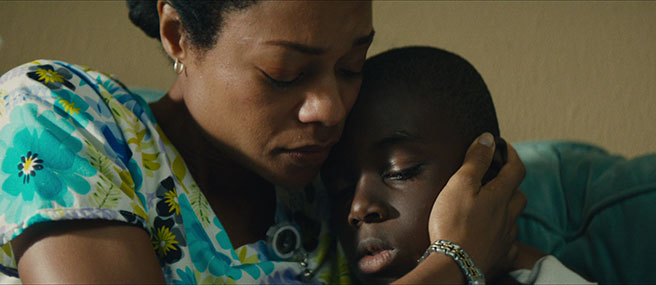 "You're my only. I'm your only."
"You're my only. I'm your only."
WHY WE CARE:
As with the character of Chiron, MOONLIGHT never fails to maintain a sense of mystery. I had the pleasure of seeing the film without knowing a thing about it, which made every turn and revelation- and all the tension in between- that much more impactful. In the first act, we find ourselves in a domestic drama as Little finds comfort from his mother in Juan and Teresa, but the real story begins to unfold as Little begins to question his own feelings as well as why people treat him differently. The clues are there along the way, but it's only when Little asks Juan and Teresa how he knows whether or not he's gay that we get a clear sense of the character's main conflict. The second act plays largely like a high school drama, with Chiron still struggling with his identity as well as bullies who seem to be quite certain of it. When Chiron and Kevin share their romantic moment on the beach, however, we see our protagonist finally able to connect with and embrace feelings he's been grappling with for years.
Finally, the third act turns everything we thought we knew about the film onto its head. The frail and reserved Chiron has transformed into the jacked, do-rag and gold grill wearing drug dealer Black- in many ways a reincarnation of Juan, who is likely the only father figure Chiron has ever known. Black has apparently eschewed the identity he seemed to have finally discovered when last we saw him, but after one phone call from Kevin, it's clear he still desperately needs resolution. We'll explore the rest of this act in the next section, but the last thing I'll mention here is how refreshing it is to see a film that gives so little indication as to where it's going next all the way up until its final moments.
 Payback's a bitch, Terrel.
Payback's a bitch, Terrel.
WHY WE'RE SATISFIED:
When Black receives a phone call from Kevin out of the blue, something is awoken in him that we can only assume has been dormant for years. Possibly as a result of this, Black has a tearful reconciliation with his mother, who is now in a good place (and appropriately questioning his life choices). We get a sense that Black's rough exterior is ready to come down, but when he sits down with Kevin for that lengthy diner scene, we find ourselves watching a game of emotional chess, where both men want to play it cool, and neither- especially Black- is ready to discuss the moment they shared all those years ago.
In the film's final moments, back at Kevin's house, Black finally admits Kevin is the only person to ever touch him, after which the two share a warm embrace on the couch. MOONLIGHT doesn't give us much in the way of closure; there's no climactic love scene, nor do we get a sense of where Black will go from here. What we do have, though, and what matters most, is what appears to be a very real acceptance on the part of Chiron. Twenty years later, he is able to share in a cathartic moment and come to terms with something he's been keeping at arms length his entire life. As we cut to a young Chiron standing on the beach bathed in moonlight, we see our protagonist in the place where, in their own ways, both Juan and Kevin taught him to be himself.
 "You the only man that's ever touched me. You're the only one. I haven't really touched anyone since."
"You the only man that's ever touched me. You're the only one. I haven't really touched anyone since."
WHY WE REMEMBER:
First things first, the three Chirons- Alex R. Hibbert, Ashton Sanders, and Trevante Rhodes, respectively- are nothing short of exceptional. Not only are their performances powerfully understated and complex, but all three actors exude such a tender, lovable quality that simply watching them is a treat. Not to be outdone, Mahershala Ali, Naomie Harris, Janelle Monáe, Patrick Decile, and the three Kevins- Jaden Piner, Jharrel Jerome, and André Holland– all give outstanding performances, with Ali and Harris receiving plenty of love during award season.
Barry Jenkins' adaptation of Tarell Alvin McCraney's play is sharp, concise, and poetic and isn't afraid to let things like Juan's death between the first and second act be offscreen drama left to our own imagination. The combination of Jenkins' directing, James Laxton's cinematography- full of tight close ups- and Nat Sanders and Joi McMillon off-kilter editing makes for a film which feels at times majestic and at others claustrophobic, placing us in Chiron's shoes in a measured and visceral way. Similarly, Nicholas Britell's score alternates between subtly atmospheric tones and grand, Philip Glass-ian orchestrations which speak volumes about what's going on beneath the surface of the story.
Finally, MOONLIGHT subverts expectation simply by being what it is. It's a gritty story about drug dealers and rough kids in Liberty City… and it's a tender drama about a young boy coming to terms with his homosexuality. In a business where films too often tend to feel like a rehashed, updated version of the most recent installment in its genre, MOONLIGHT is its own beautiful and unique thing. "At some point, you gotta decide for yourself who you're going to be. Can't let nobody make that decision for you."
Thoughts? What else worked for you? What didn't? Strike back below!
If you have any movies you'd like to see put under the microscope, let us know below or send me an email at [email protected].


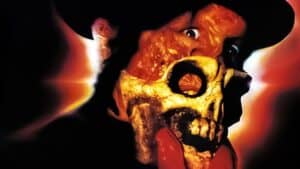
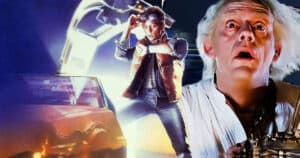

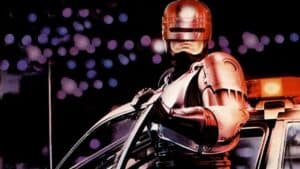
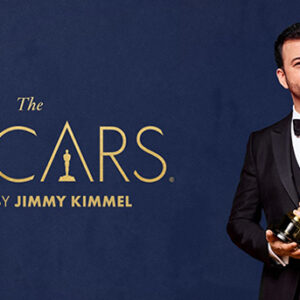
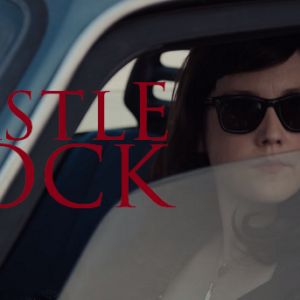

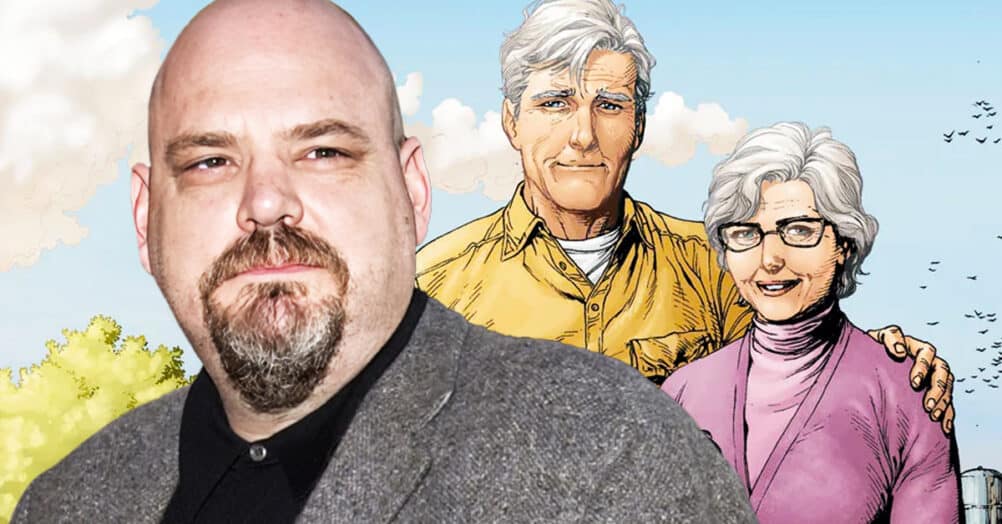
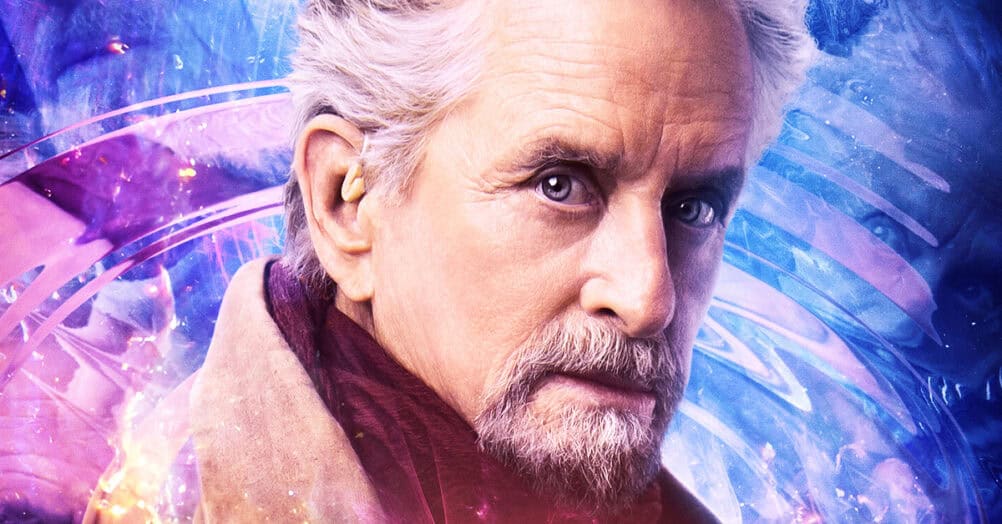
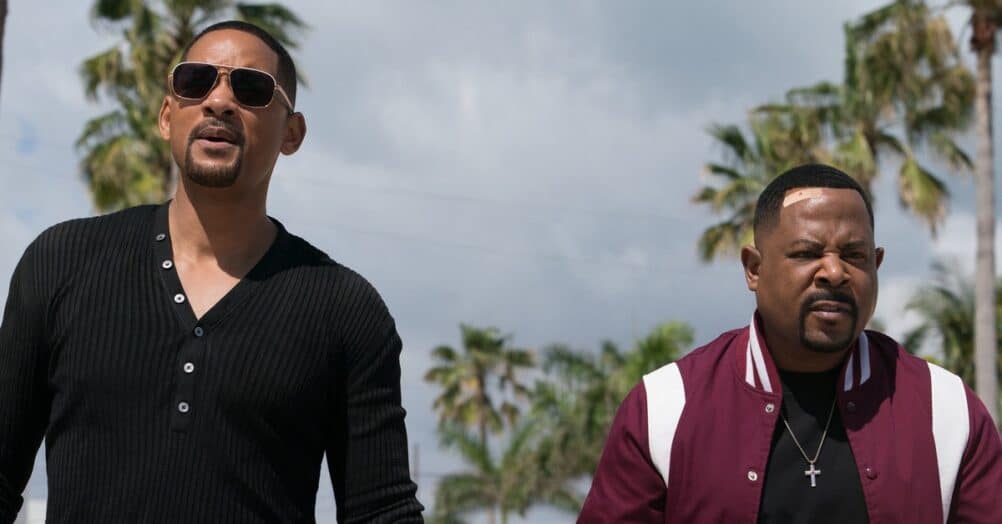
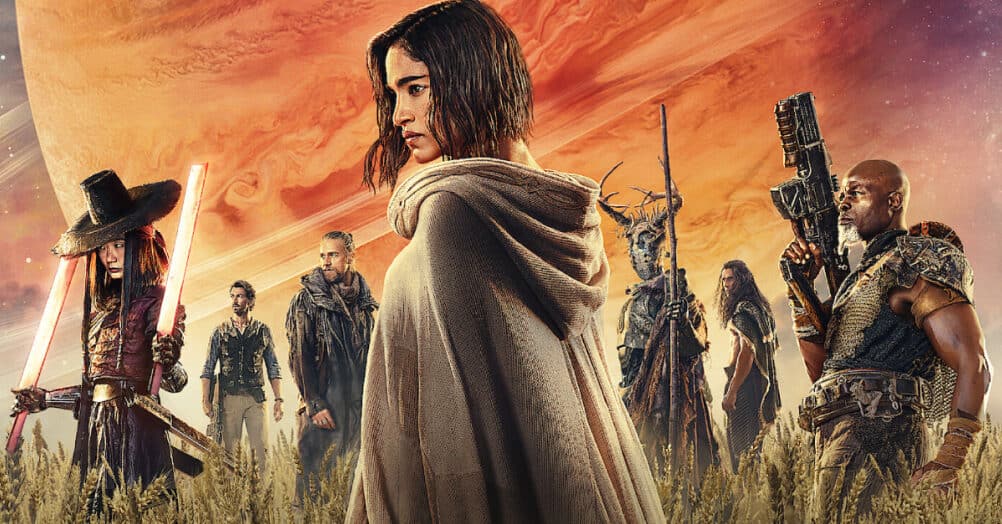
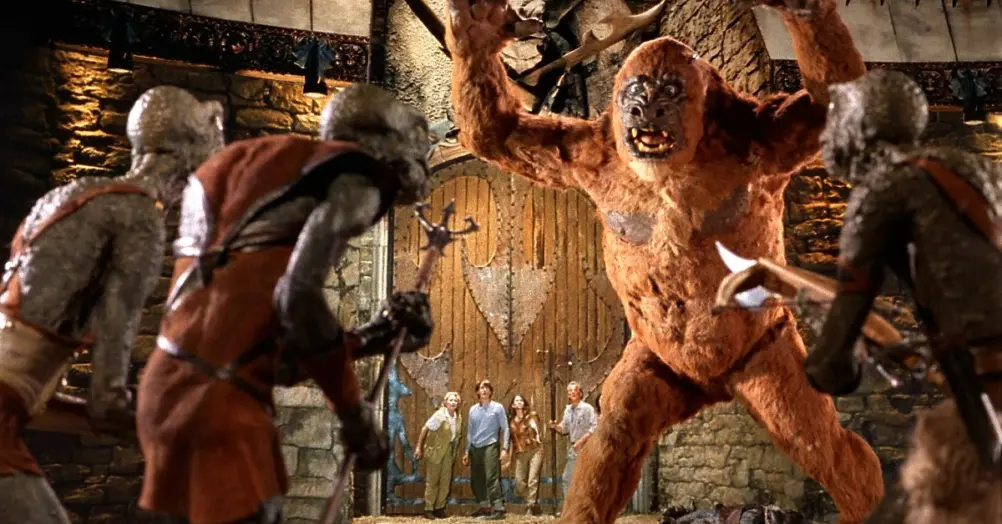
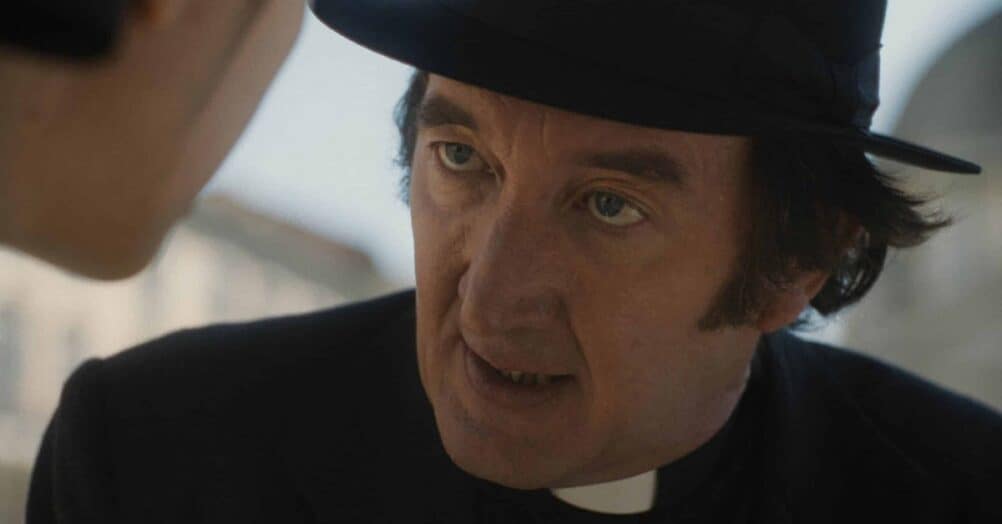
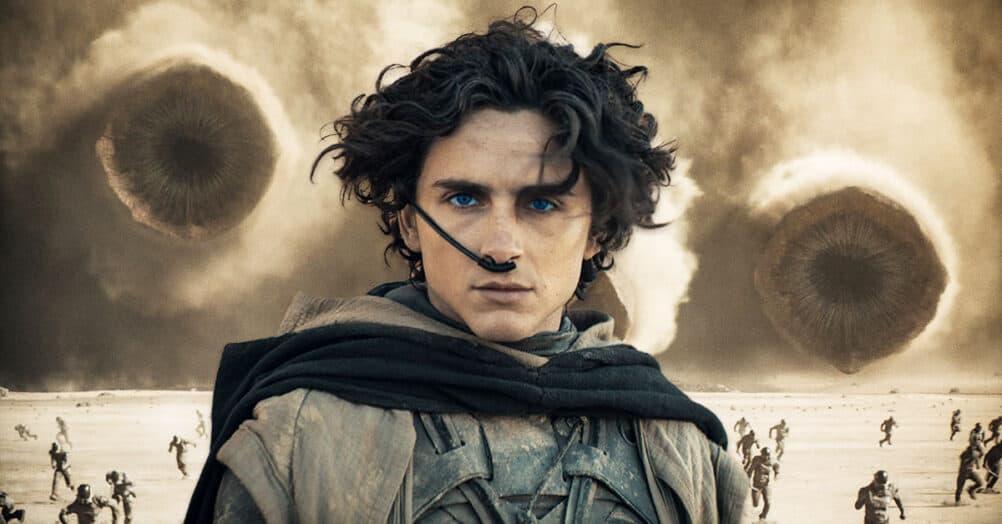

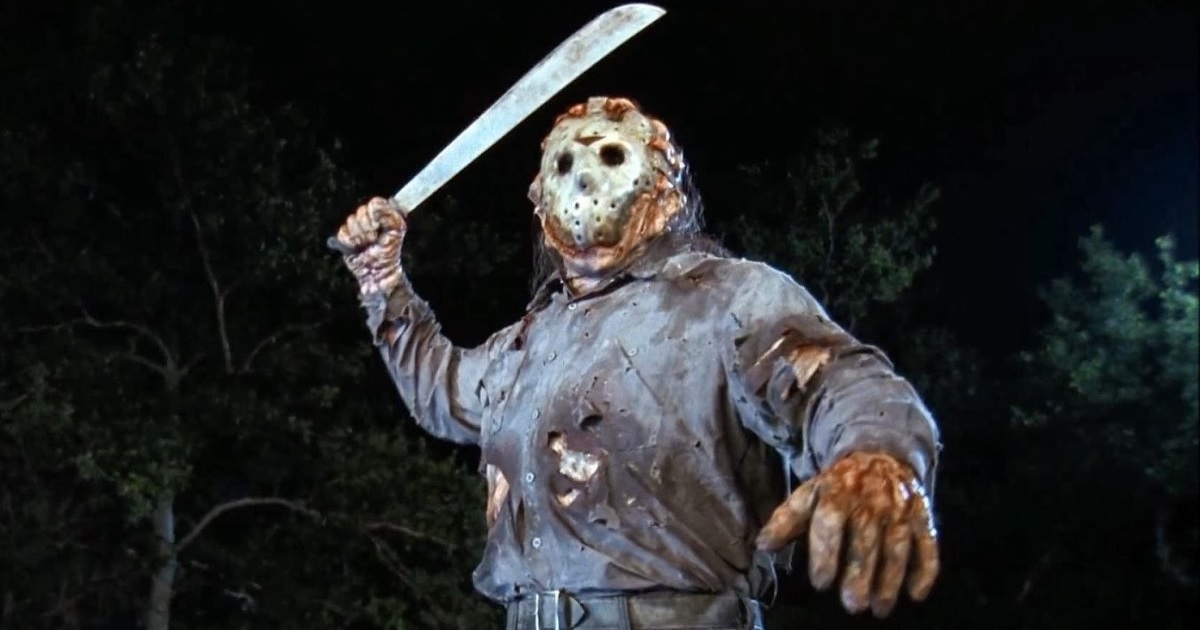
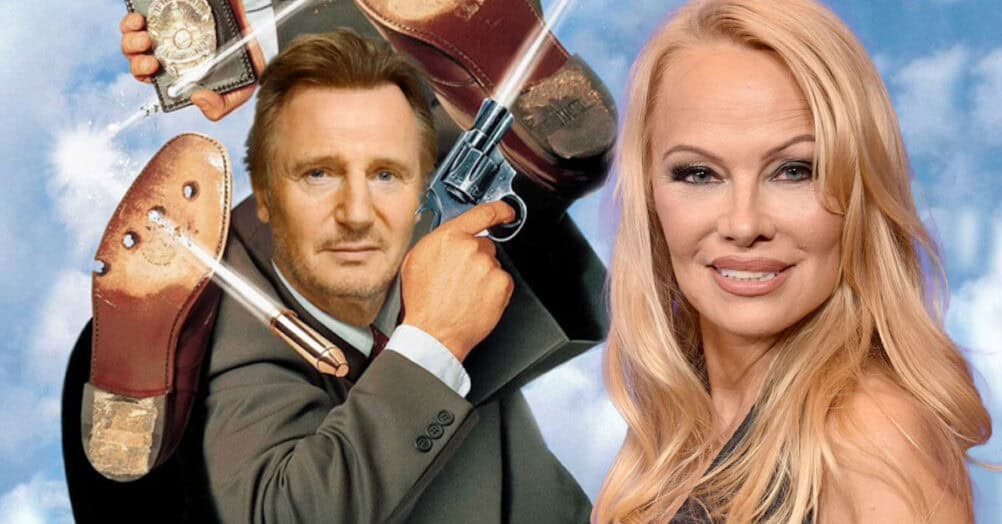
Follow the JOBLO MOVIE NETWORK
Follow us on YOUTUBE
Follow ARROW IN THE HEAD
Follow AITH on YOUTUBE